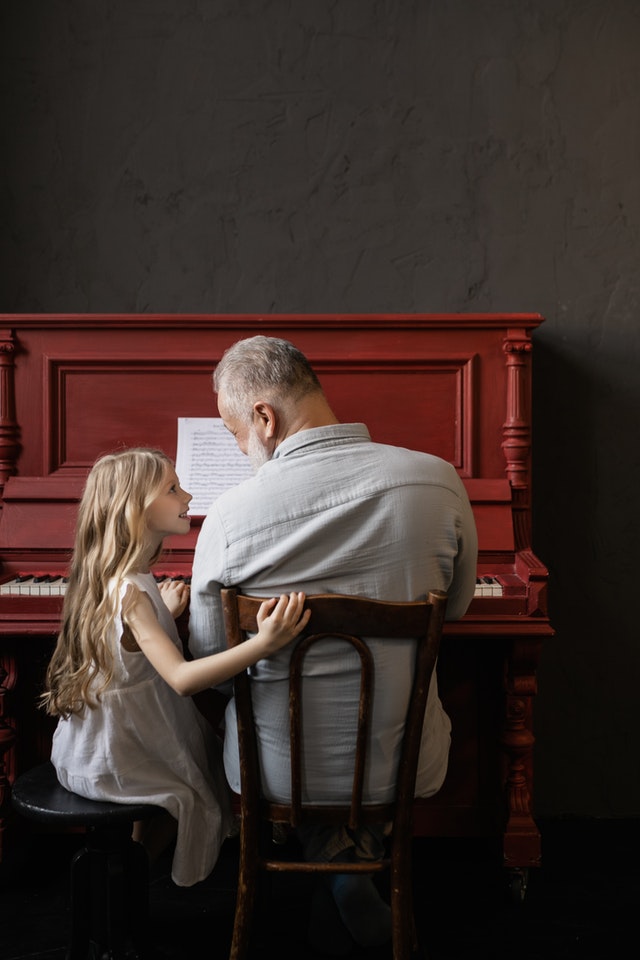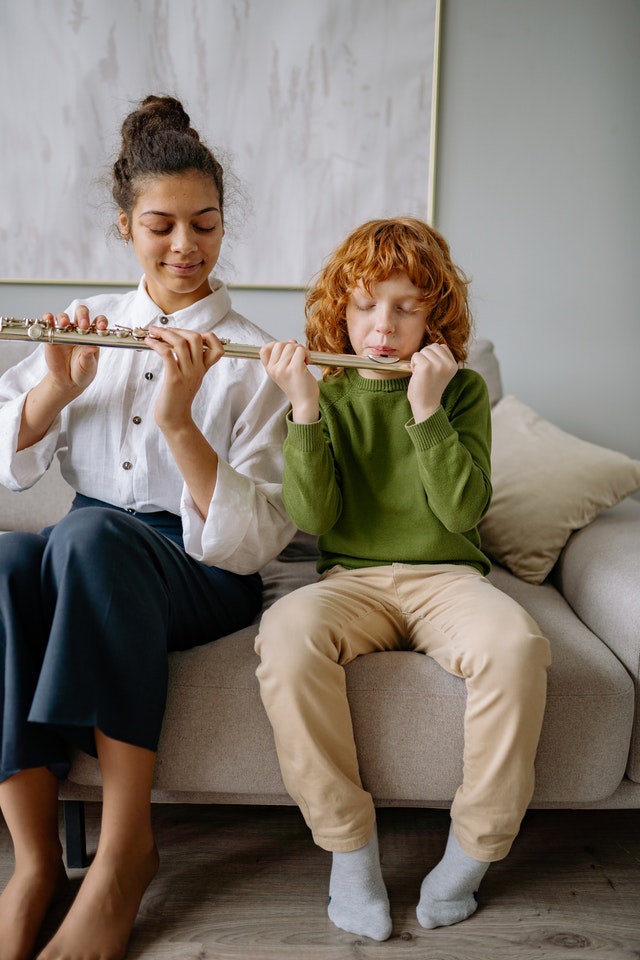“The great thing about music is that when it hits you, you don’t feel pain.” – So said Bob Marley.
Music hits, yes, and we are the perfect victims. We are the only ones, on planet Earth together with cockatoos and sea lions, who know how to appreciate it at 360°: the rhythm, the tone, the harmony, the timbre. Music connects, excites, heals. It makes us sing, dance, and have fun. Faithful companion of our life, the soundtrack of indelible moments. It captures you, surprises you, kidnaps you even when you are thinking of something else, and takes you back there: to that moment when you were dreaming in front of the mirror of becoming a pop star, to that vacation in the car, to that romantic evening, to summer, to concerts.
It comes as a sound and in our brain, magically, it turns into an incredibly pleasant experience, activating the same areas that are activated while we enjoy good food. It strikes. It makes us feel good. It colors our days. What more can you ask of music? For example, let’s try asking why it makes us feel so good. What is the secret Let’s find out together? Play!

1) A neuronal orchestra
A tap on our screen, our favorite playlist starts, and our brain begin to “sing” with us. While we hum the lyrics of the songs, the brain releases dopamine, a neurotransmitter connected to the oldest areas of our brain: hence, a widespread feeling of pleasure, which makes us feel deeply alive.
So, like a neuronal orchestra, little by little, the brain begins to resonate, to light up: all the areas in charge of emotions, movement, language, and memory are activated.
Chills. Goosebumps. Music has superpowers.

2) Connect
Why do you listen to music – Faced with this question, the answers are generally 2: “it relaxes me” and “it makes me feel good”. It’s impossible to really disagree. Music improves our mood or at least, it can shape it. It isolates us, albeit temporarily, from the outside world and connects us in different ways. It knows how to connect us to our deepest emotions, digging into our thoughts, even the most remote ones, just as it knows how to connect us to others.
According to some surveys, 56% of people feel an instant connection when they meet someone with the same musical tastes. And that someone even becomes more attractive. What’s more, music can also be a true generational bridge, connecting children with their parents, grandparents, and so on, in endless, timeless dialogue.
And behind all this, there is a profound truth: an important song is often inextricably linked to an important person who made it known to you. Songs, as well as the most significant stories of each person’s life, are handed down, open doors, create synergies, tunes. We just must welcome them.
3) Productivity
Deep in motion. This is the track I’m listening to while writing this article. I chose it from a playlist of Lo-Fi beats, which promises to make me more productive. The feeling is positive. I wonder if it really is. Some people listen to classical music, some to binaural sounds, some to playlists with the sounds of nature, some simply to their favorite songs, some nothing at all. The truth, as always, is in the middle: music can actually induce a feeling of relaxation or concentration, but only if that’s what you’re really looking for – for example, did you remember to mute your smartphone notifications?
Many argue that music during work can succeed in putting you in a good mood, stimulating better, more productive work. It can stimulate creativity. For some, it can even replace coffee at certain times of the day. Everyone (or almost everyone) agrees on the importance of listening to music during training: for 2 out of 3 people, it improves the timing and intensity of exercises and helps you keep up the pace between sessions.
A source of energy.


4) The miracles of music: between suggestion and science
Music can go even further. For some, it is even miraculous.
According to a study by Koeberl and Bachmann, Mozart’s symphony no.41 alters the taste of wine during fermentation, making it taste better and more refined. Other studies say that in bars, music, especially at high volume, makes people drink more and faster. Suggestions?
Music certainly heals. Science says so. And music therapy is as fascinating as it is necessary. It is no coincidence that in the elderly suffering from dementia, it can revive the past, in an evocative and moving scene capable, by itself, to shed light even in the darkest corners of memory.
Music evokes, excites. It does the most important thing of all: it allows us to…
5) Remember
We all associate a melody with periods of our lives or episodes. We all have a personal soundtrack that, if played, is able to take us on a journey through our lives, as in a beautiful autobiography: our mother’s lullaby, the hit of that long-ago summer, that song that was always on TV and seemed to follow you everywhere…
Music takes us right back to those moments to make us savor them again and again. It opens all the doors of our emotions and stores them so that, whenever you want, they will be ready to overwhelm you, just a “play” away.







